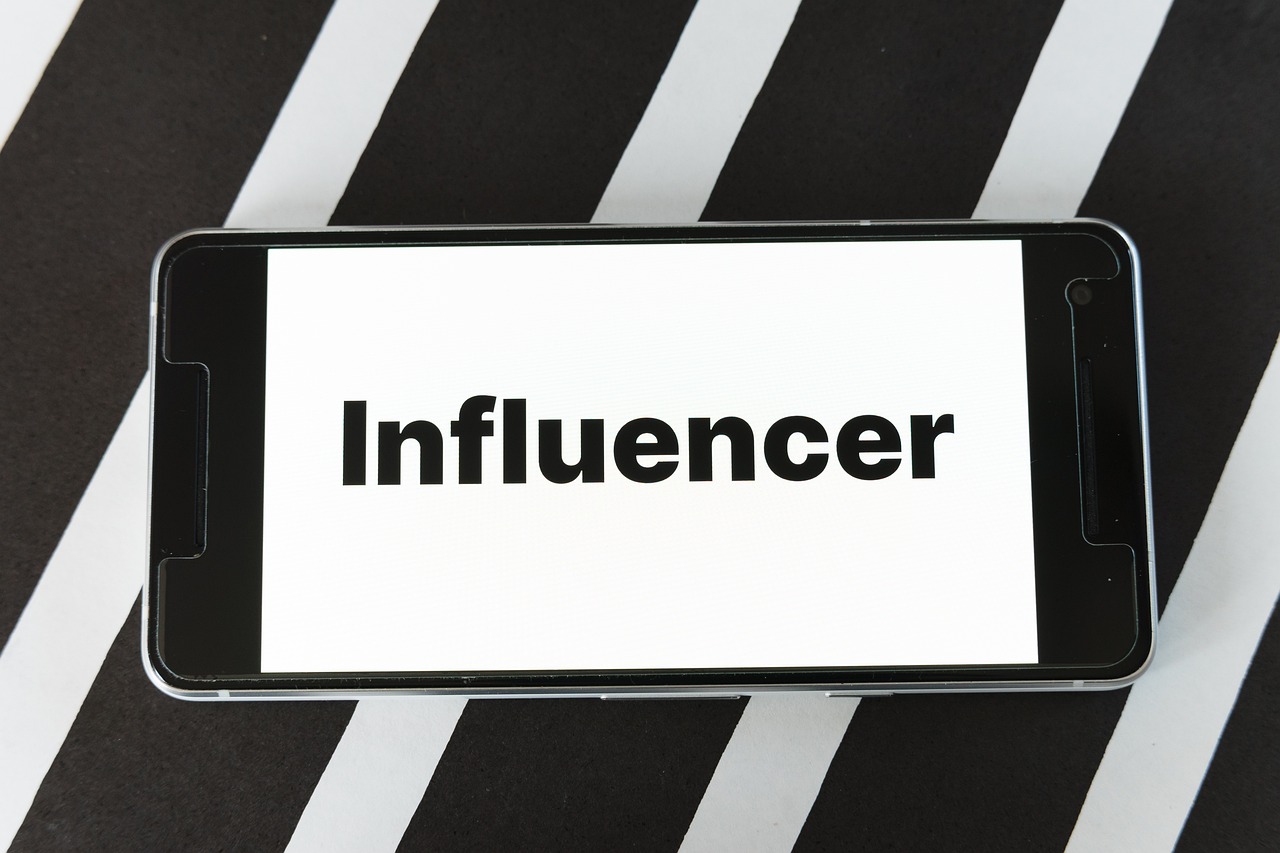To keep up with the latest technology and consumer behavior, marketing strategies are constantly changing- but we knew this. Influencer marketing is one of the most popular trends in the past few years and we don’t see this going anywhere anytime soon. Businesses have never had so many opportunities to engage and reach their audience as they do now. This post will look at the ways businesses can utilize influencer marketing and its benefits, as well as the impact it has on the marketing industry- so let’s get into it.
Understanding Influencer Marketing
Influencer marketing is a form of marketing that uses influencers.
Influencer marketing involves partnering with individuals who have an established following on social media. Influencers may be well-known celebrities or niche content creators who have a loyal and engaged audience. It is important to leverage the credibility and reach of an influencer to market products or services. Think about, these are people within your industry that views TRUST.
Influencer Marketing: A Brief History
Influencer marketing is a growing industry. Initially, it was all about celebrity endorsements. As
Benefits of Influencer Marketing for Business
- Credibility and trust: Influencer marketing has many benefits, including the credibility and trust that an influencer enjoys with their audience. Influencers who promote a product will have their audience trusting the endorsement more than traditional ads. This trust can help a brand build its credibility and reputation.
- Increased Reach and Visibility: Influencers are able to reach a wide range of audiences. Working with influencers who have followers that match the target market of a business can help them reach a wider audience, and improve brand awareness. This is particularly helpful for small or new businesses that want to get noticed in the market.
- Targeted marketing: Businesses can target demographics precisely with influencer marketing. Brands can reach the right audience by selecting influencers with an audience that matches their ideal customer profile. This targeted approach can lead to increased engagement and conversion rates.
- Original Content: Influencers create authentic and relatable material. It feels more authentic and less like a commercial when they include a product from a brand in their content. This authenticity resonates and increases engagement and brand loyalty.
- SEO and Online Presence: Influencers can help with search engine optimization (SEO). Influencers can share content on multiple platforms including blogs and websites. This creates links to the website of a brand. This can boost the brand’s search ranking and online presence.
- Cost Effective Marketing: Influencer marketing is more cost-effective than traditional advertising. Although celebrity endorsements are expensive, working closely with micro- or nano-influencers who have smaller but highly engaged audiences can produce great results for a fraction the cost.
Effective Strategies for Influencer Marketing in 2024
Find the Right Influencers
Finding the right influencers is crucial to the success of an influencer marketing campaign. Partnering with influencers who have an audience that matches your brand’s target market is essential. Social media analytics and influencer platforms can be used to find influencers by analyzing their audience demographics, reach and engagement.
Build Relationships
It is more beneficial to have a long-term relationship with an influencer than a one-off collaboration. Influencers who genuinely believe in the brand they endorse will make their endorsements more authentic. Influencers can incorporate brands more easily into their content when they have ongoing partnerships.
Use different types of influencers
Micro and nano-influencers are a great alternative to mega-influencers. These influencers are more engaged and have a larger following. Businesses can achieve a balanced marketing strategy by using a variety of influencers.
Focus on storytelling
Influencer marketing is not about direct selling, but rather storytelling. Influencers should be encouraged to share personal stories and experiences about your brand in order to build a stronger connection with your audience. Story-driven content is memorable and engaging.
Use multiple platforms
Social media platforms have different features and audiences that are best suited for them. Multi-platform marketing is the best way to reach as many people as possible. Instagram is good for visual content and YouTube is best for tutorials.
Monitor and Measure
Monitor and measure influencer marketing campaigns to ensure their success. The key metrics to monitor are engagement rates (or rate of conversion), reach, and ROI. These data will be used to refine future campaigns and improve campaign performance.
Conform to Regulations
Influencer marketing falls under a variety of regulations and guidelines, such as disclosures about sponsored content. These rules are important for businesses and influencers to follow to maintain trust and transparency with their audiences.
The Impact of Influencer Marketing on the Marketing Landscape
The shift to authenticity
Influencer marketing is a new way to market. Instead of focusing on polished ads, it now focuses on real content. Genuine recommendations and relatable contents are valued by consumers today over traditional advertising. Brands have been forced to reconsider their marketing strategy and place a higher priority on authenticity.
Social Media: Its Importance

Smaller Brands Empowered
Influencer marketing is a powerful tool that has helped smaller brands to compete with larger competitors. With the right strategy, smaller businesses can compete against larger competitors using influencers. The democratization in marketing has created new opportunities for brands to grow.
Data Driven Marketing
Data and analytics are essential to influencer marketing campaigns. Businesses use data to identify the right influencers and track campaign performance. They also optimize their strategy. Data-driven marketing is more efficient and effective.
New Influencer Niches
Influencer marketing is evolving, and new micro-communities and niches are emerging. Influencers create their own space and attract their own audience, from fitness and beauty through to gaming and sustainability. Brands can now reach highly engaged and targeted audiences.
Integrating Other Strategies
Influencer marketing has evolved from a strategy that is used alone. Influencer marketing is now integrated into other marketing activities, such as email marketing, content marketing, and paid advertising. This integrated approach ensures a consistent message for the brand across all channels.
Conclusion
Influencer marketing will be around in 2024 and future years. Businesses of all sizes need it because of its ability to increase visibility, build credibility and make real connections with their audiences. Influencer marketing can be maximized by finding the right influencers and building authentic relationships.
Influencer marketing has a far-reaching impact that goes beyond any single campaign. The impact of influencer marketing has gone beyond individual campaigns. It’s changed how brands communicate with consumers, and the emphasis is now on authenticity and engagement. The possibilities are endless as new platforms and influencer niches emerge.
Influencer marketing is a great way to unlock new opportunities and grow your brand. Let influencers represent your brand, and they will take it to new heights.




